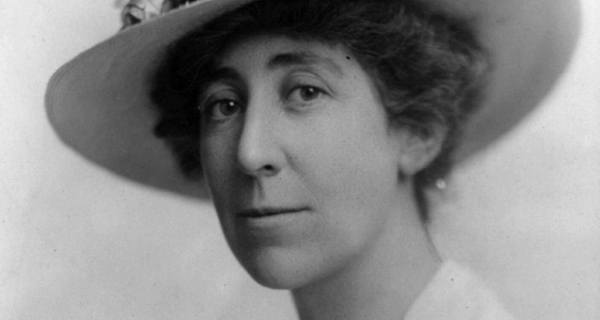Jeanette rankin became the first female member of congress in america in 1916 four years before women were given the right to vote

Jeanette Rankin: The Trailblazer Who Paved the Way for Women in Congress

In 1916, a groundbreaking moment occurred in American political history. Jeanette Rankin was elected as the first female member of Congress, four years before women were granted the right to vote. This achievement marked a remarkable milestone in the fight for gender equality. Let’s delve into Rankin’s inspiring journey and the impact she made on American politics.
Rankin, born on June 11, 1880, in Montana, was a passionate advocate for women’s rights and social reform. Her drive to challenge conventional norms led her to become the foremost pioneer for gender equality in Congress. Although she only served two terms in the House of Representatives, her contributions shaped the course of women in politics for years to come.
Throughout her tenure, Rankin diligently fought for causes dear to her heart. From promoting social welfare to championing pacifism, she fearlessly stood up for what she believed in. Her unwavering dedication earned her respect and admiration from her colleagues, regardless of their political affiliation.

During her first term in 1917, Rankin found herself facing a monumental decision when World War I erupted. As the United States stood on the precipice of war, Rankin became the only representative to vote against entering the conflict. Her resolute pacifism was met with both fervent support and fierce criticism. Nevertheless, she remained steadfast in her commitment to peaceful resolutions and advocated for diplomatic solutions to global conflicts.
After leaving Congress in 1919, Rankin remained active in the women’s suffrage movement and continued to inspire future generations of female leaders. In 1940, she made history yet again by becoming the only member of Congress to vote against entering World War II. Her unyielding stance against war solidified her legacy as a staunch pacifist and an unwavering advocate for peace.
Rankin’s trailblazing career not only shattered gender barriers but also paved the way for future generations of women in politics. Her fearless pursuit of justice and equality resonates even today and continues to serve as an inspiration for women across the nation.
In conclusion, Jeanette Rankin’s election as the first female member of Congress in America in 1916 was a watershed moment in history. Her remarkable journey, marked by bravery and determination, challenged the status quo and led to significant progress in women’s rights. Rankin’s legacy serves as a reminder that each step forward in the pursuit of equality is a step towards building a more inclusive and just society.
Source: The Incredible Rise of Women in the Workplace, All That’s Interesting, History.com
Tags
Share
Related Posts
Quick Links
Legal Stuff

